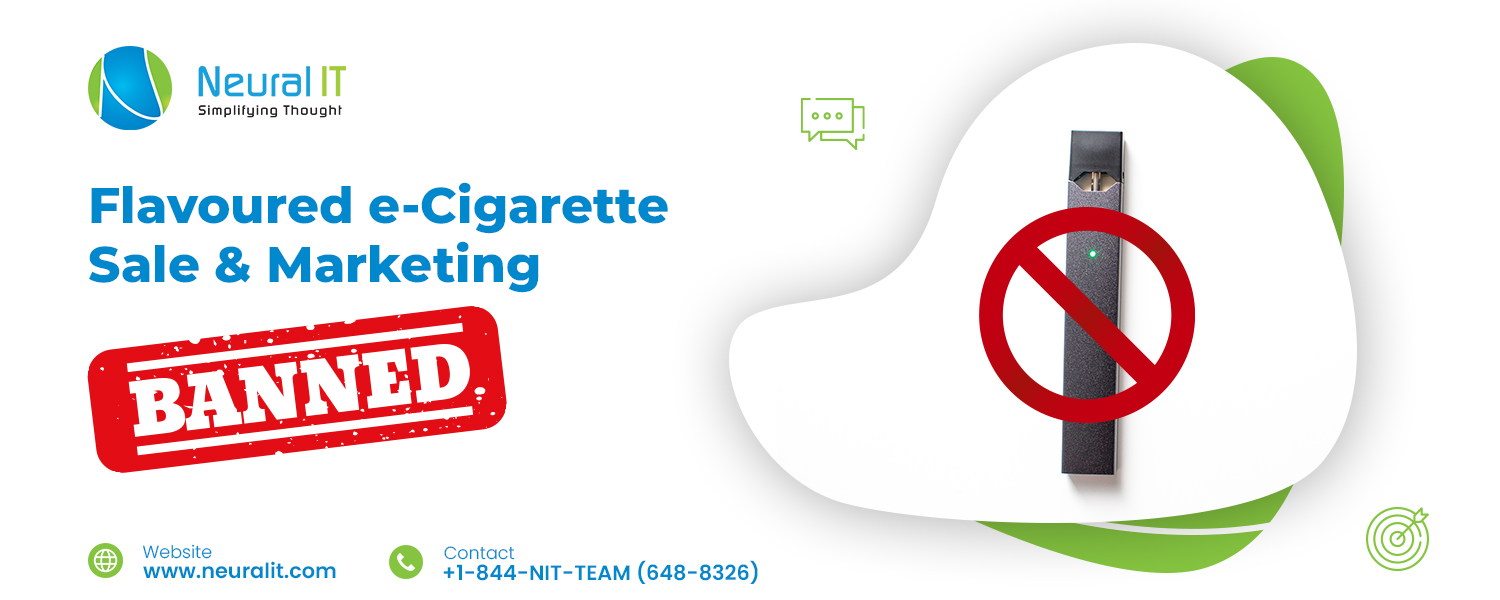Supreme Court Upholds Flavored Vape Ban
Supreme Court Upholds Flavored Vape Ban

Introduction
The U.S. Supreme Court has unanimously upheld a decision by the Food and Drug Administration (FDA) to block the sale and marketing of certain flavored e-cigarette products.
The ruling supports the FDA’s authority to regulate tobacco alternatives and reflects growing concern over their appeal to minors.
FDA Action Rooted in Youth Protection
Flavored e-cigarettes have long been criticized for enticing young users with fruit and candy-like flavors. Although vaping was initially marketed as a safer alternative for adult smokers, mounting research indicates that flavored products can act as a gateway to tobacco smoking among teens. In response to these risks, the FDA began limiting the approval of such products in 2020, targeting especially those with sweet or fruity flavors that appeal to underage consumers.
Health Risks Tied to Youth Vaping
Studies have consistently linked youth vaping to a variety of health concerns. These include an increased likelihood of transitioning to traditional cigarettes, along with serious medical issues such as seizures, pneumonia, and DNA damage similar to that caused by smoking. These findings have strengthened the FDA's case for regulating the industry, particularly products marketed in ways that may attract adolescents.
Legal Challenge from E-Cigarette Manufacturer
Triton Distribution, operating under Wages and White Lion Investments LLC, filed a lawsuit claiming that the FDA had acted arbitrarily in its review process. According to Triton, the FDA shifted its stance during the product review period, unfairly denying approval for flavored products. This argument was rejected by several courts, which affirmed that the FDA had consistently signaled its intent to restrict products appealing to minors.
Fifth Circuit Ruling and Supreme Court Appeal
The Fifth Circuit Court of Appeals stood out as the only court siding with Triton, ruling that the FDA had reversed its course during the approval process. This decision led the FDA to escalate the case to the Supreme Court, aiming to reinforce its authority and consistent approach toward regulating youth-oriented e-cigarette products.
Republican Lawmakers Weigh In
A group of 13 Republican lawmakers filed a friend-of-the-court brief, arguing that the FDA had overreached its legal boundaries. They contended that effectively banning flavored e-cigarettes was a decision that should rest with Congress, not a federal agency. Despite these concerns, the Supreme Court rejected both Triton’s arguments and the lawmakers’ position.
Supreme Court’s Final Word
In its opinion, the Supreme Court clarified that the FDA had not reversed course but had instead followed through on its 2020 guidance. The agency had clearly warned manufacturers that it would prioritize enforcement against products likely to attract minors. The Court upheld that the FDA acted within its regulatory authority to protect public health.
Teen Vaping Trends and Public Health Efforts
Teen vaping continues to be a significant health issue in the United States. Studies show that restricting flavored e-cigarettes has led to a 3.6 percentage point decrease in daily vaping among young adults. Public health agencies, including the FDA and CDC, continue to push for stronger regulatory efforts.
While teen vaping rates have recently dropped to their lowest in a decade, new data from 2024 reveals that more than half of U.S. teens who vape report doing so to manage stress. Additional research also suggests a correlation between vaping and increased risk of depression, underscoring the importance of continued regulation and education.




